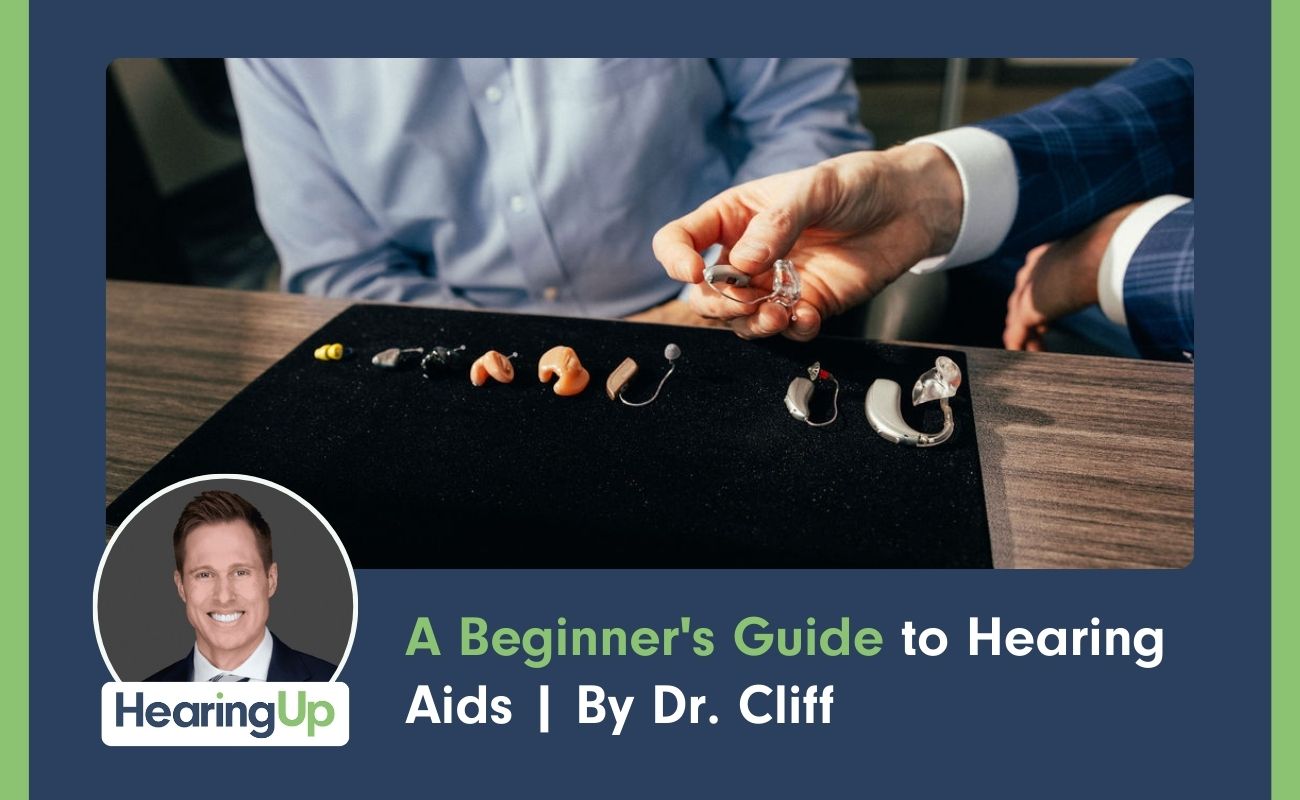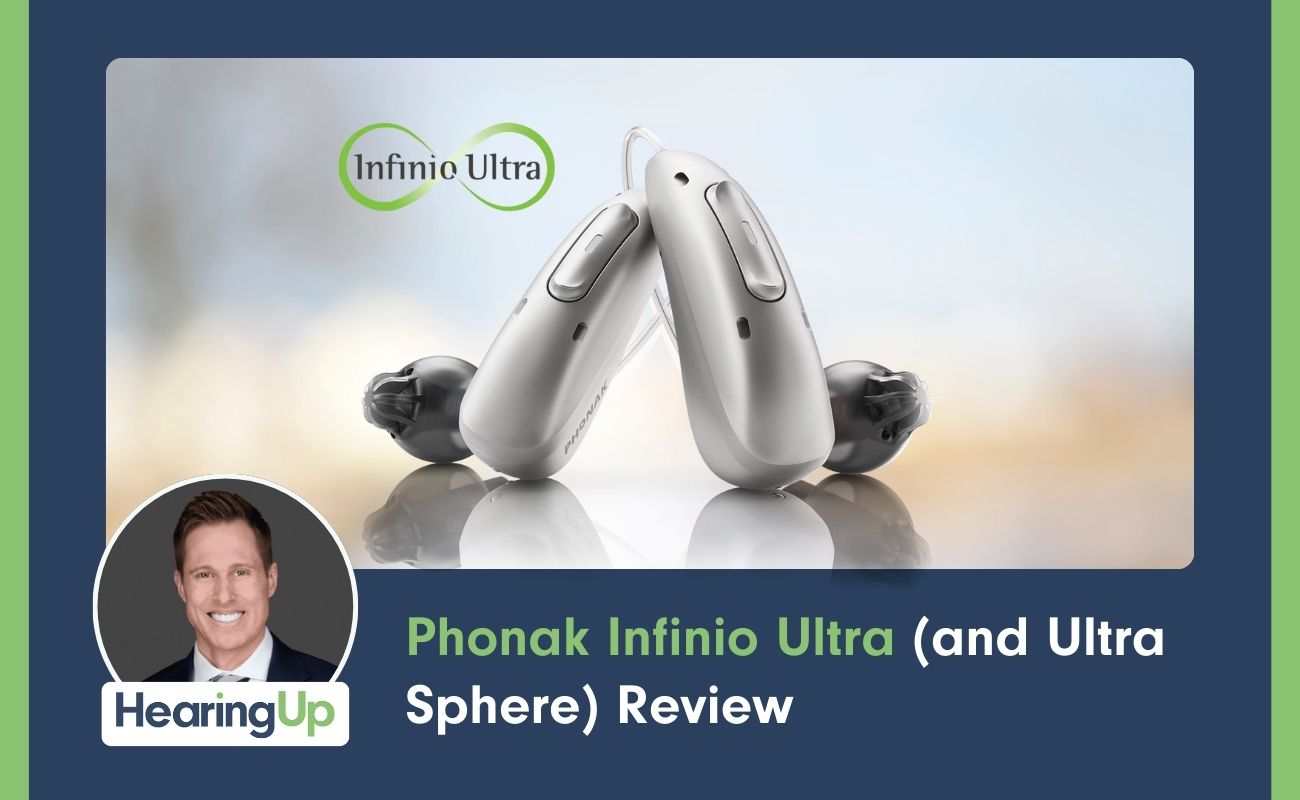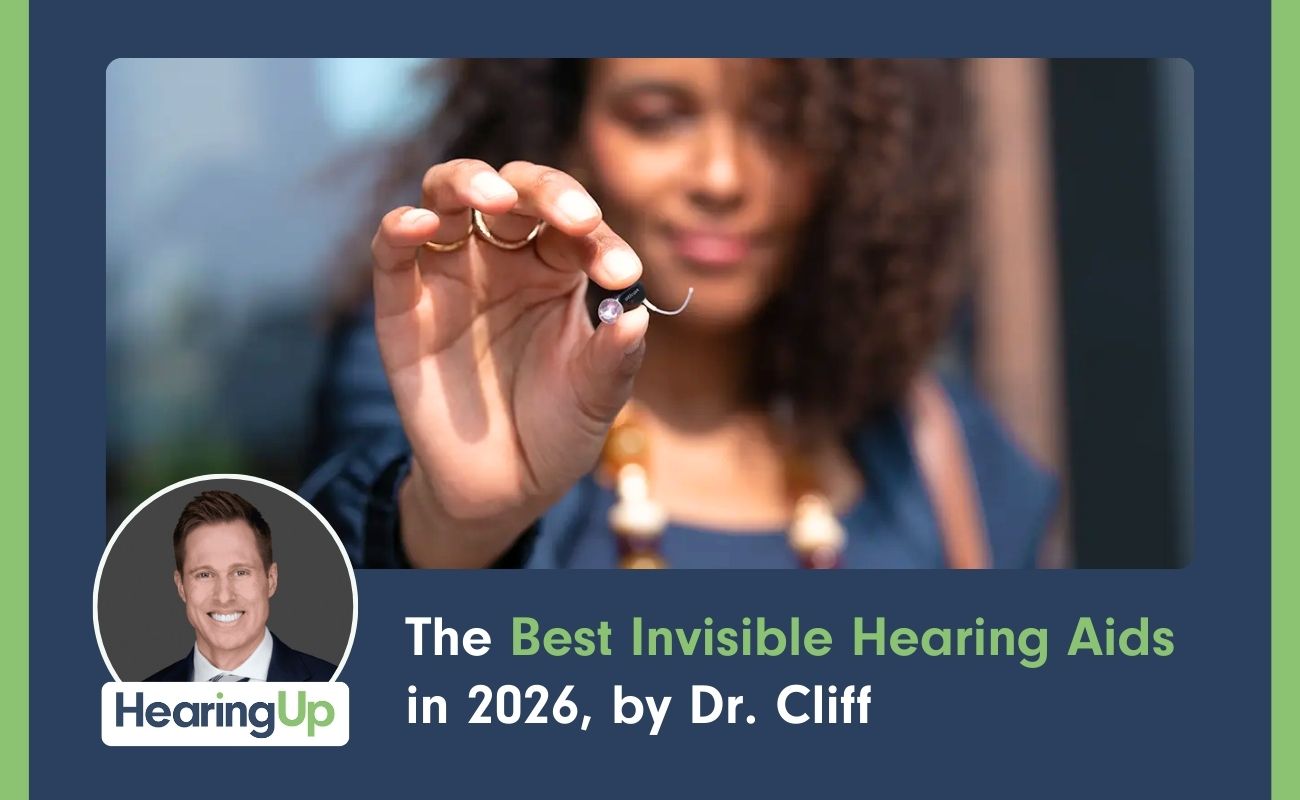Tinnitus, commonly described as ringing, buzzing, or humming in the ears, affects an estimated 450 million people worldwide. It's important to understand that tinnitus is not a standalone condition but a symptom of various underlying issues such as stress, anxiety, insomnia, circulatory problems, cervical spine tension, TMJ disorders, head trauma, and more. It's also linked to lifestyle factors like caffeine, nicotine, alcohol, and salt intake. Interestingly, tinnitus is particularly common among U.S. veterans due to noise-induced hearing loss from military activities and exposure to certain substances like jet fuel.
A critical factor to note is that 90% of individuals with tinnitus experience some degree of hearing loss. This connection is attributed to two key reasons: cochlear damage and auditory deprivation. Damage to the cochlea's hair cells can cause them to misfire, sending false signals of sound to the brain. Auditory deprivation, on the other hand, occurs when the brain, missing certain sounds due to hearing loss, creates its own phantom sounds to stay alert.
While tinnitus does not directly cause hearing loss, it can significantly affect quality of life. The relationship between tinnitus and hearing aids is a topic of much interest and research. Hearing aids can be particularly effective for tinnitus management, especially in cases where it coexists with hearing loss.
Modern digital hearing aids, often with customized hearing loss profiles, may include supplemental sound masking functionality, such as white noise or ambient sounds, directly played into the ear. These features cover the perception of tinnitus and can provide significant relief.
Hearing aids amplify environmental and speech sounds, thereby reducing the focus on tinnitus. They also lessen cognitive effort needed for communication, decreasing stress levels, which can alleviate tinnitus symptoms. Some hearing aids come with built-in tinnitus relief apps, offering relaxing tones and customizable sound therapy options.
Selecting a hearing aid for tinnitus relief should be done under the guidance of an audiologist. Factors to consider include the severity of hearing loss, the specific frequencies of tinnitus, and individual lifestyle needs. Additionally, hearing aids are most effective when used consistently and are part of a broader tinnitus management strategy, including patient counseling and education.
Hearing aids, while not a cure, are a crucial component in the management of tinnitus, especially when accompanied by hearing loss. They work by amplifying external sounds, thus reducing the focus on tinnitus and lowering stress levels. Sound therapy through hearing aids can also be a helpful tool. It's important to consult with a healthcare professional for a comprehensive approach to managing tinnitus.
If you or someone you know is struggling with tinnitus, it's advisable to seek professional guidance. The HearingUp network comprises independent hearing care providers dedicated to implementing best practices in hearing aid fittings. These professionals, vetted personally by Dr. Cliff, can assist in finding the most suitable treatment. Discover a local hearing professional at HearingUp Providers for personalized care and support in your journey towards better hearing health.
Hi guys. Rachael Cook, Doctor of Audiology at Applied Hearing Solutions in Phoenix, Arizona, and in today's video I'll be answering the question, are hearing aids the cure for tinnitus? Coming up. An estimated 450 million people worldwide suffer from tinnitus, a ringing, buzzing, or humming sound heard in your head that isn't actually present in your environment. While tinnitus itself is very common, the way it presents is very different from person to person. If you experience tinnitus, then you know that the volume, pitch, balance between ears, and level of annoyance can change daily. You may be surprised to learn that tinnitus is not a condition itself, but is instead a symptom of many conditions, including but certainly not limited to stress, anxiety, insomnia, circulatory issues, cervical spine tension, TMJ disorder, head trauma, and is even a side effect of certain medications. Tinnitus can even fluctuate with an increased intake of caffeine, nicotine, alcohol, marijuana, and salt.
However, the most common condition associated with tinnitus is hearing loss, found in 90% of individuals with tinnitus. Researchers speculate that the link between hearing loss and tinnitus is due to two main factors, cochlear damage and auditory deprivation. The cochlea, your hearing organ, houses delicate hair cells that move in response to sound vibrations. This movement triggers a signal up to the brain that a sound has been heard, and it's your brain's job to figure out what that sound is. In the event of damage to these hair cells, certain sounds either cannot make it up to the brain or they don't make it up to the brain clearly. Some researchers theorize that this damage can cause them to misfire, sending a signal up to the brain that a sound is being heard even when it isn't actually present. The second factor linking hearing loss to tinnitus is auditory deprivation.
The brain uses all of your senses, sight, smell, touch, taste, and hearing to keep you safe and out of danger. If your brain loses access to certain sounds due to a hearing loss, it can often begin to make up the difference by creating its own phantom sound. By doing this, the brain is aiming to keep you awake, alert, and aware of your surroundings in the same way that your normal hearing would. This combination of cochlear damage and auditory deprivation can result in tinnitus. Because everybody experiences tinnitus for different reasons and perceives their tinnitus differently, researchers have struggled to find a one size fits all cure, but given that 90% of those with tinnitus have some level of hearing loss, the first step in treatment is going to be a comprehensive hearing evaluation. This evaluation starts with questions about your medical history and history of loud noise exposure. Your audiologist will also want to know when your tinnitus began, if
it's in one ear or in both ears, if it's constant or if it fluctuates, and how bothersome it is to you. After that, they will perform a visual inspection of your outer ear canals to ensure that they are free and clear of any ear wax, any outer ear infections or any injuries to the eardrum that could create or increase your tinnitus perception during a hearing evaluation. Your threshold responses to tones at different pitches and levels are recorded to see if they fall within normal limits or if there is a hearing loss. If a hearing loss is identified during this test, nearly every hearing healthcare professional will recommend the appropriate hearing treatment. That may include hearing aids, but if you also have tinnitus, could hearing aids be the cure? In clinical practice, we often see a reduction in tinnitus with hearing aid use, but what does the research say?
But before we do that, if you could please take a second to give this video a thumbs up. It really helps videos like these reach a wider audience, and while you're at it, if you have not yet already, hit that subscribe button with notification bell. Make sure you do that as well so that you never miss any one of our newly released videos. According to a 2016 study published in the International Journal of Audiology, nearly 60% of participants with both hearing loss and tinnitus saw a significant reduction in their tinnitus perception with hearing aid use. Hearing aids are very good at returning missing environmental sounds and speech sounds caused by hearing loss back up to the brain. Once the cochlea receives more auditory input in the regions that were lacking stimulation, the brain is able to focus more on the sounds occurring around you rather than focusing on the tinnitus.
Untreated hearing loss also forces your brain to fill in the blanks for many sounds requiring extra brain power from other areas such as visual and language processing. Fortunately, hearing aids help to reduce the amount of cognitive effort needed to communicate since your brain no longer has to guess what you're hearing. This can reduce frustration and lower stress levels, which in turn also happens to reduce tinnitus perception, but it doesn't stop there. If hearing aids alone are not enough to help reduce your tinnitus perception, many have built in sound therapy options to pull your attention away from the tinnitus and quiet environments. These sound therapy options include things like white noise, ocean waves, and even fractal tones that never repeat, keeping your ears busy and your brain distracted. As long as your audiologist sets up these sound therapy options correctly, you can experience benefit almost immediately. Even if you don't have hearing loss, hearing aids can be programmed as ear level sound generators, so you can benefit from sound therapy whenever you want, wherever you are. Sound therapy options vary between hearing aid brands. However, nearly all hearing aids on the market now boast Bluetooth capabilities. With this feature, sound therapy options
expand tremendously to whatever you want to listen to, like music, audio, books, podcasts, the list goes on and on. Many hearing aid brands even have designated sound therapy smartphone apps such as the ReSound Relief app or the Starkey Relax app where you can even customize your own personalized sound therapy tracks. While the term sound therapy may seem intimidating, anyone can develop their own sound therapy strategies. In fact, if you haven't already, make sure you check out my video on how to use sound therapy to see the most benefit here. Overall, successful tinnitus treatment requires a dedicated effort to determine the cause of the tinnitus and treating that cause appropriately, and in the case of hearing loss and tinnitus, hearing aids continue to be one of the most effective treatment options. Just remember, if you are not included in the majority of individuals that see a significant reduction in their tinnitus with hearing aid use, it does not mean that there's not an effective treatment option out there for you. You just have to keep looking and hopefully someday you will find your cure as well.
Hi guys. Rachael Cook, Doctor of Audiology at Applied Hearing Solutions in Phoenix, Arizona, and in today's video I'll be answering the question, are hearing aids the cure for tinnitus? Coming up. An estimated 450 million people worldwide suffer from tinnitus, a ringing, buzzing, or humming sound heard in your head that isn't actually present in your environment. While tinnitus itself is very common, the way it presents is very different from person to person. If you experience tinnitus, then you know that the volume, pitch, balance between ears, and level of annoyance can change daily. You may be surprised to learn that tinnitus is not a condition itself, but is instead a symptom of many conditions, including but certainly not limited to stress, anxiety, insomnia, circulatory issues, cervical spine tension, TMJ disorder, head trauma, and is even a side effect of certain medications. Tinnitus can even fluctuate with an increased intake of caffeine, nicotine, alcohol, marijuana, and salt.
However, the most common condition associated with tinnitus is hearing loss, found in 90% of individuals with tinnitus. Researchers speculate that the link between hearing loss and tinnitus is due to two main factors, cochlear damage and auditory deprivation. The cochlea, your hearing organ, houses delicate hair cells that move in response to sound vibrations. This movement triggers a signal up to the brain that a sound has been heard, and it's your brain's job to figure out what that sound is. In the event of damage to these hair cells, certain sounds either cannot make it up to the brain or they don't make it up to the brain clearly. Some researchers theorize that this damage can cause them to misfire, sending a signal up to the brain that a sound is being heard even when it isn't actually present. The second factor linking hearing loss to tinnitus is auditory deprivation.
The brain uses all of your senses, sight, smell, touch, taste, and hearing to keep you safe and out of danger. If your brain loses access to certain sounds due to a hearing loss, it can often begin to make up the difference by creating its own phantom sound. By doing this, the brain is aiming to keep you awake, alert, and aware of your surroundings in the same way that your normal hearing would. This combination of cochlear damage and auditory deprivation can result in tinnitus. Because everybody experiences tinnitus for different reasons and perceives their tinnitus differently, researchers have struggled to find a one size fits all cure, but given that 90% of those with tinnitus have some level of hearing loss, the first step in treatment is going to be a comprehensive hearing evaluation. This evaluation starts with questions about your medical history and history of loud noise exposure. Your audiologist will also want to know when your tinnitus began, if
it's in one ear or in both ears, if it's constant or if it fluctuates, and how bothersome it is to you. After that, they will perform a visual inspection of your outer ear canals to ensure that they are free and clear of any ear wax, any outer ear infections or any injuries to the eardrum that could create or increase your tinnitus perception during a hearing evaluation. Your threshold responses to tones at different pitches and levels are recorded to see if they fall within normal limits or if there is a hearing loss. If a hearing loss is identified during this test, nearly every hearing healthcare professional will recommend the appropriate hearing treatment. That may include hearing aids, but if you also have tinnitus, could hearing aids be the cure? In clinical practice, we often see a reduction in tinnitus with hearing aid use, but what does the research say?
But before we do that, if you could please take a second to give this video a thumbs up. It really helps videos like these reach a wider audience, and while you're at it, if you have not yet already, hit that subscribe button with notification bell. Make sure you do that as well so that you never miss any one of our newly released videos. According to a 2016 study published in the International Journal of Audiology, nearly 60% of participants with both hearing loss and tinnitus saw a significant reduction in their tinnitus perception with hearing aid use. Hearing aids are very good at returning missing environmental sounds and speech sounds caused by hearing loss back up to the brain. Once the cochlea receives more auditory input in the regions that were lacking stimulation, the brain is able to focus more on the sounds occurring around you rather than focusing on the tinnitus.
Untreated hearing loss also forces your brain to fill in the blanks for many sounds requiring extra brain power from other areas such as visual and language processing. Fortunately, hearing aids help to reduce the amount of cognitive effort needed to communicate since your brain no longer has to guess what you're hearing. This can reduce frustration and lower stress levels, which in turn also happens to reduce tinnitus perception, but it doesn't stop there. If hearing aids alone are not enough to help reduce your tinnitus perception, many have built in sound therapy options to pull your attention away from the tinnitus and quiet environments. These sound therapy options include things like white noise, ocean waves, and even fractal tones that never repeat, keeping your ears busy and your brain distracted. As long as your audiologist sets up these sound therapy options correctly, you can experience benefit almost immediately. Even if you don't have hearing loss, hearing aids can be programmed as ear level sound generators, so you can benefit from sound therapy whenever you want, wherever you are. Sound therapy options vary between hearing aid brands. However, nearly all hearing aids on the market now boast Bluetooth capabilities. With this feature, sound therapy options
expand tremendously to whatever you want to listen to, like music, audio, books, podcasts, the list goes on and on. Many hearing aid brands even have designated sound therapy smartphone apps such as the ReSound Relief app or the Starkey Relax app where you can even customize your own personalized sound therapy tracks. While the term sound therapy may seem intimidating, anyone can develop their own sound therapy strategies. In fact, if you haven't already, make sure you check out my video on how to use sound therapy to see the most benefit here. Overall, successful tinnitus treatment requires a dedicated effort to determine the cause of the tinnitus and treating that cause appropriately, and in the case of hearing loss and tinnitus, hearing aids continue to be one of the most effective treatment options. Just remember, if you are not included in the majority of individuals that see a significant reduction in their tinnitus with hearing aid use, it does not mean that there's not an effective treatment option out there for you. You just have to keep looking and hopefully someday you will find your cure as well.

Hearing aid success requires 90-min evaluations, Real Ear Measurement programming, appropriate tech selection, 30-day adaptation and ongoing professional follow-up.
Read More
Phonak Infinio Ultra firmware adds AutoSense OS 7.0 (24% better), 30% improved battery (10hrs with AI), simplified Bluetooth pairing, and faster feedback tests.
Read More
Starkey Omega AI improves on Edge AI with DNN 360 (19.6% better speech clarity), spatial awareness, find-my-hearing-aid lights, and 20x stronger custom shells.
Read More
HRV objectively measures stress affecting tinnitus by tracking autonomic balance, enabling data-driven treatment adjustments via Modern Tinnitus Basecamp.
Read More
Top 2026 RIC hearing aids: Phonak Ultra Sphere Infinio (AI noise reduction), Starkey Omega AI, Oticon Intent, Signia IX, Widex SmartRIC.
Read More
Best 2026 invisible aids: Oticon Zeal (AI/Auracast), Phonak Lyric (self-replace), Starkey IIC (minimal), Phonak Titanium (durable), Oticon Own (AI processing).
Read More